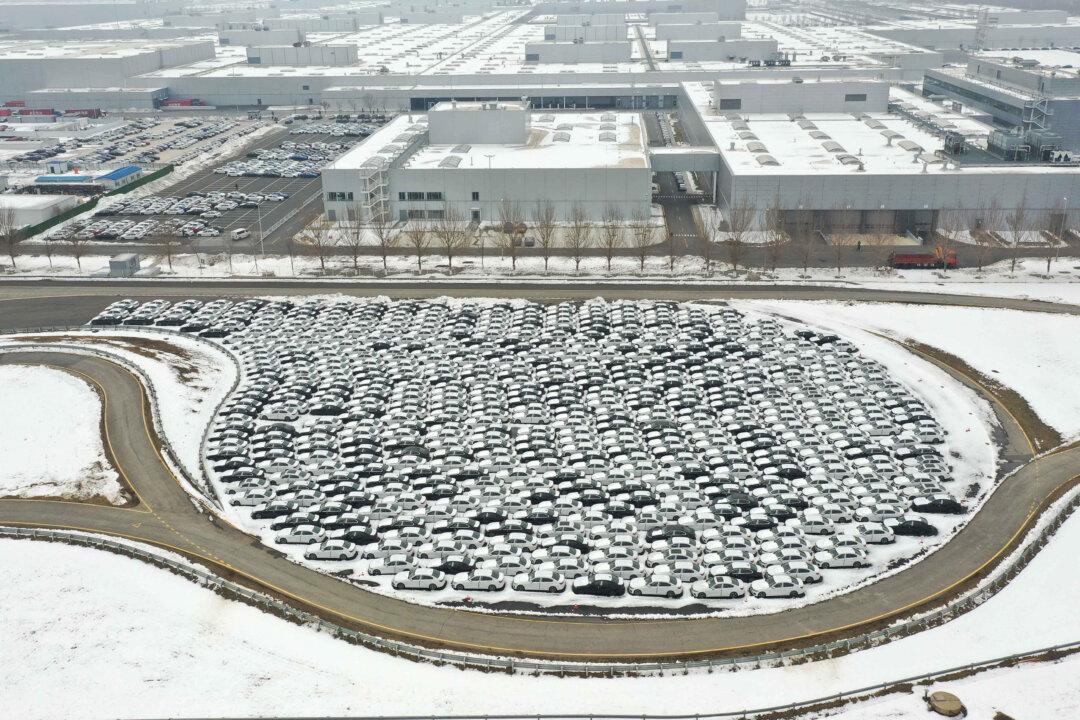German automaker BMW announced on March 23 that its plants in Shenyang, China, will temporarily shut down from March 24 due to the city’s COVID-19 restrictions, with no date determined for resuming production.
Northeastern China’s Shenyang, the capital of Liaoning Province with a population of 9.1 million, is home to BMW’s largest production base in the world. The base is a joint venture between BMW and its Chinese partner, Brilliance China Automotive, and has two vehicle production plants, a research and development center, a powertrain plant, and a new vehicle plant that is under construction.





